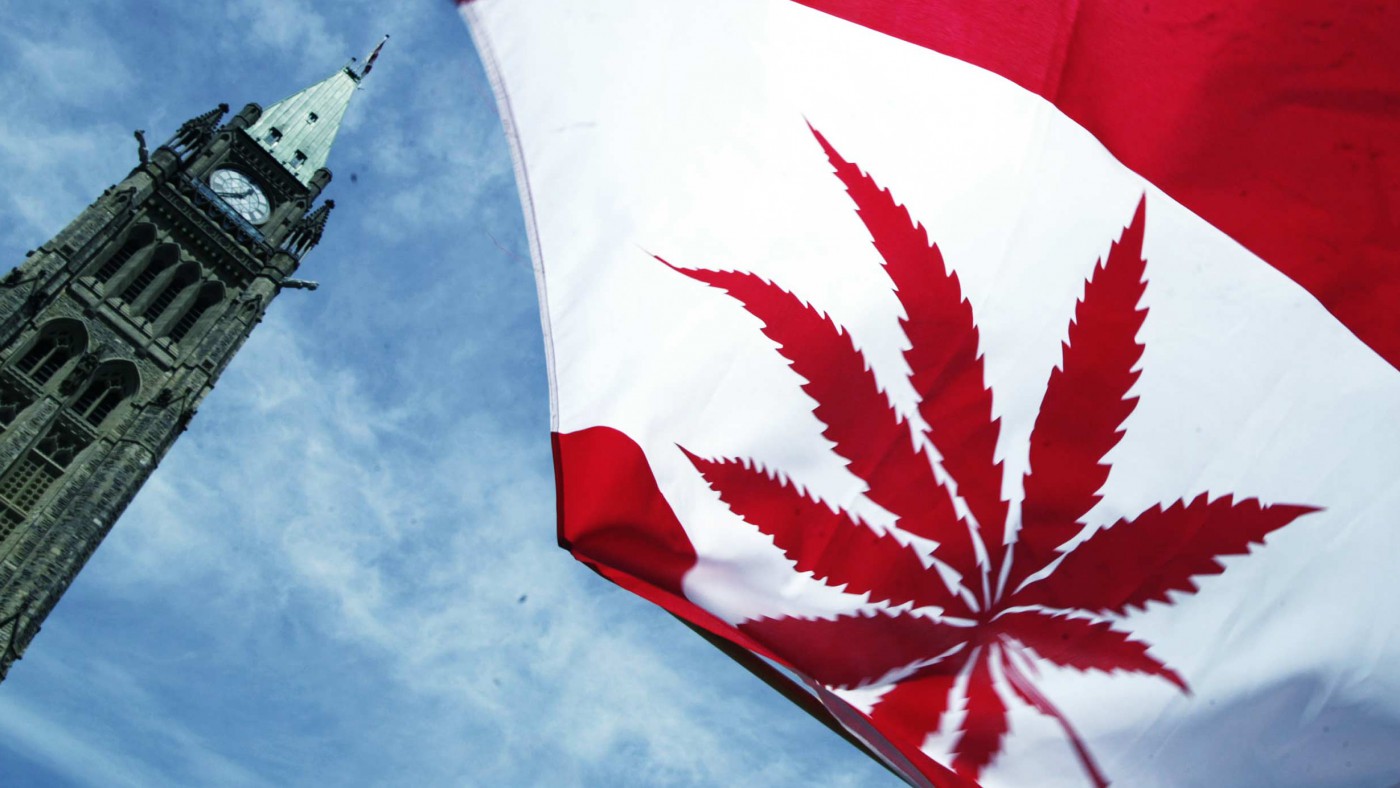As the marijuana legalization movement builds up steam, prohibitionists are grasping at straws to defend an increasingly untenable status quo. The most recent argument for prohibition comes from Canadian Prime Minister Stephen Harper, who claimed that marijuana was “infinitely worse” than tobacco.
Harper has hasn’t tried to hide his views on marijuana. In 2013, he sent out a mailer demonizing Liberal Party leader Justin Trudeau’s support for marijuana legalization. The mailer claimed legalization would allow children to gain access to marijuana. This is highly misleading. Canadian teenagers already lead the world in per capita cannabis consumption. But his claim that marijuana is worse than tobacco is even more absurd, and it will hurt him in the polls.
Are there some dangers to marijuana smoking? Yes, of course. There are also dangers to tobacco use. But this does not justify prohibition of either substance.
While it’s true that marijuana deposits four times as much tar into someone’s lungs compared to a tobacco cigarette, a 2006 UCLA study found that there was no increased incidence of cancer among even the heaviest marijuana users. This is largely because the average smoker will smoke around ten to twenty cigarettes per day. To get the same amount of tar using the 4:1 ratio, marijuana users would have to smoke 2.5 to 5 joints per day, a figure only boasted by the heaviest of heavy users.
Regular cigarette use is also more expensive than marijuana. In Colorado, the average marijuana user will spend around $650 per year on pot, whereas a pack-a-day tobacco user will spend around $1900, even though a pack of cigarettes only costs about $5.50.
Finally, let’s take a sobering look at the lives lost due to regular consumption of cigarettes compared to marijuana. Nearly six million people around the world die every year from tobacco-related illnesses.
And marijuana? While there is insufficient research on the long-term effects of chronic marijuana use, current research does not indicate an increased risk of cancer or heart disease. Even if it had the same risk of these conditions as tobacco, most marijuana users don’t use frequently and many quit as they get older. Only 9 per cent of those who try cannabis develop a dependency, compared to 32 per cent of those who use tobacco.
Some incidents of dangerous outcomes, due to panic attacks from over-consumption, have been reported. But these can be solved through rather modest regulations on dosage requirements and warning labels for these products. However, these regulations can only come after legalization.
Moreover, marijuana doesn’t even need to be smoked to be ingested. Consumers can consume marijuana through a vaporizer, which heats the marijuana without combustion, turning it into a vapor that avoids damage to the lungs. It can also be ingested as food.
While vaporizing, and other alternative delivery methods are not without their drawbacks, they are able to reduce some of the health risks associated with marijuana smoke.
Even safer delivery methods could be studied and developed under a model legalization. Unlike prohibition, a legalization allows the creation of regulatory regimes that can direct consumers towards healthier and safer ways to use marijuana.
Whether Harper is willfully ignorant of the evidence, or just trying to throw everything into winning the mid-October elections, it’s a losing strategy. In August, 53 per cent of Canadians, and 61 per cent of young people, supported marijuana legalization. Though far more likely to be opposed to marijuana reform, 34 per cent of Conservatives also supported legalization.
These numbers could be more dangerous for Conservatives than they appear at first glance. It is true that, whilst 61 per cent of young people support legalization, only 39 per cent of Canadians under 24 voted in the 2011 elections. The youth turnout is again expected to be small, but Trudeau could make gains in the polls if he makes marijuana legalization an election issue.
In the end, this question will only be settled by voters. Perhaps young people will view marijuana as a major issue and turn out in droves to vote against Harper. Perhaps they won’t. As a matter of policy, however, Harper is dangerously wrong.
Even ignoring the myriad social harms associated with marijuana prohibition, marijuana is comparatively safer than tobacco by most metrics. If marijuana use is a public health problem, then perhaps skeptics should use the same strategy that Canadian Conservatives used to combat tobacco use: education and regulation, not prohibition.


